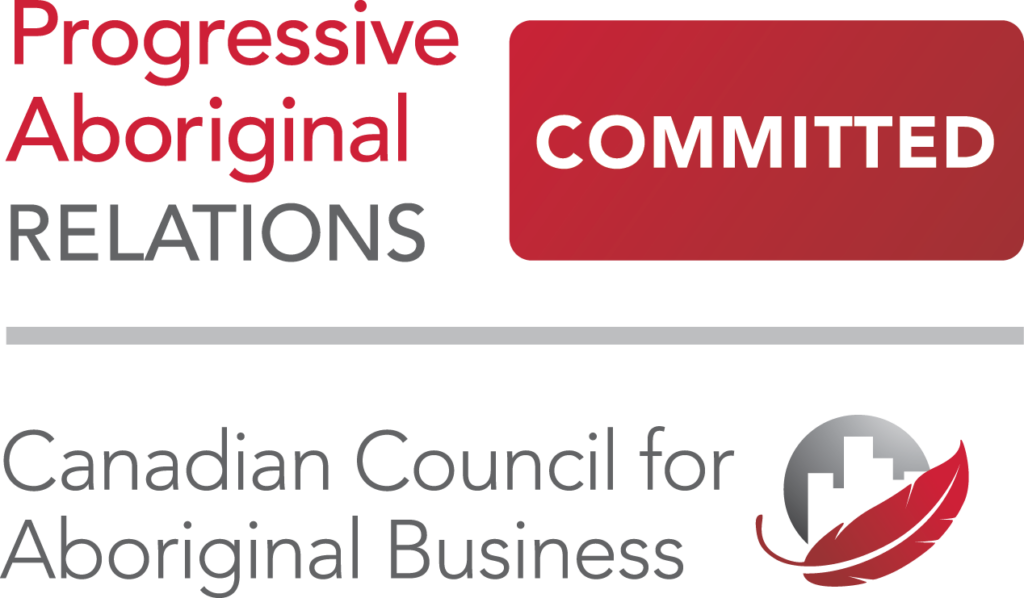Leveraging the Right Tools and Technologies in Affiliate Marketing
In affiliate marketing, utilizing the right tools and technologies is arguably the most important element to building and growing a successful affiliate and partner marketing program. These tools and technologies help brands track, analyze, and enhance their efforts, ensuring that every campaign aspect runs effectively and efficiently.
In this article, we look at the various stages of the customer journey and how different types of affiliates play a critical role at each stage. We will also explore the essential tools and technologies that support these affiliates and enhance the overall effectiveness of your marketing campaigns. Furthermore, we will touch on advanced attribution strategies like multichannel attribution, intra-affiliate attribution, and omnichannel attribution, and explain why these strategies are important for comprehensive and accurate tracking.
Let’s Get Started With Some Options
To achieve the best results, you need to set up and implement the right mix of tools and technologies. Here’s a look at some critical tools that can really enhance your affiliate marketing efforts:
- Affiliate Tracking Software: Platforms such as Partnerize, Impact, and Awin provide robust tracking capabilities. They ensure that every affiliate touchpoint is recorded and attributed accurately, which is crucial for managing and optimizing your affiliate partnerships.
- Attribution Platforms: Tools like Google Analytics, Attribution by HubSpot, and Branch offer comprehensive insights into the customer journey. They track interactions across various channels and devices, providing a detailed picture of how customers engage with your brand.
- Customer Relationship Management (CRM) Systems: CRMs like Salesforce and HubSpot are essential for managing and analyzing customer interactions and data throughout the customer lifecycle. They help streamline communication and enhance customer relationships, leading to better retention and increased sales.
- Data Analytics Tools: Solutions like Tableau, Looker, and Google Data Studio enable comprehensive data analysis and visualization. These tools help marketers understand trends, measure performance, and make data-driven decisions that can improve campaign effectiveness.
- Tag Management Systems: Tools such as Google Tag Manager allow marketers to manage and deploy tracking tags across their websites with ease. This ensures accurate data collection without the need for extensive coding, facilitating smoother operations and better tracking accuracy.
Optimizing the Customer Journey with Technology
Each stage of the customer journey—from initial awareness to final conversion—benefits from specialized tools and various types of affiliates. Here’s how different affiliates and tools support various stages of the buyer funnel:
- Top of Funnel:
- Influencers and YouTubers: These affiliates are great at generating brand awareness and attracting potential customers. Tools like Impact and PartnerStack (for B2B) help manage and optimize influencer campaigns by tracking performance and managing partnerships.
- Bloggers: Platforms like CJ Affiliate and Awin support bloggers by providing access to a wide range of affiliate programs. These platforms help bloggers find relevant affiliate links and track the performance of their content.
- Mid Funnel:
- Review Sites: Platforms such as Partnerize and Rakuten enable review sites to manage affiliate links and track conversions. These tools provide detailed analytics to help review sites understand which products are most popular and how to optimize their content.
- Comparison Sites: Using platforms like CJ Affiliate and Awin, comparison sites can access a variety of affiliate programs and ensure that their comparisons are comprehensive and up-to-date. These tools also help in tracking clicks and conversions for each product listed.
- Bottom of Funnel Partner Examples:
- Loyalty Sites: Affiliate networks like Rakuten and Impact support loyalty programs by offering robust tracking and management features. These platforms help manage rewards and cashback offers, ensuring accurate attribution and customer satisfaction.
- Cashback Sites and Deal Websites: Tracking technologies such as Impact and Partnerize are tools used for attracting customers looking for the best deals and cashback offers. These tools provide the necessary infrastructure to track cashback earnings and deal usage, closing the sale effectively.
By leveraging affiliate and partnership marketing-specific tools, each type of affiliate can maximize their impact at different stages of the customer journey. These tools enable affiliates to engage effectively with potential customers from initial awareness to final conversion. As a result, marketing efforts become more efficient and effective, ensuring better outcomes for both the affiliates and the brands they represent.
Advanced Attribution with Technology
To optimize your affiliate marketing efforts, it’s crucial to implement advanced attribution strategies using the right tools. Our Track It! Second Edition eBook: Network and Tracker Navigator offers valuable guidance on selecting the best networks and tracking solutions that align with your specific needs. By leveraging these insights, you can enhance campaign performance, improve partner relationships, and achieve more accurate data analysis, ultimately leading to better decision-making and stronger results.

Key Metrics to Track with the Right Tools
To maximize the effectiveness of your affiliate marketing efforts, it’s critical to track a variety of data points throughout the customer journey. This includes monitoring metrics such as click-through rates, conversion rates, customer engagement, and purchase behaviors. By collecting and analyzing this data, you can gain valuable insights into how customers interact with your brand at different stages, allowing you to optimize your strategies and improve overall performance. Here are some key metrics and the tools to track them:
- Impressions: Measured using analytics platforms like Google Analytics, impressions track the number of times an ad or content is viewed, helping measure reach and brand awareness.
- Clicks: Click tracking tools such as Bitly provide insights into engagement and interest, which are essential for evaluating both top and mid-funnel activities.
- Conversion Rate: Conversion tracking tools within platforms like Google Analytics and HubSpot help assess the percentage of clicks that result in a sale or desired action, critical for bottom-funnel strategies.
- Average Order Value (AOV): CRM systems and eCommerce platforms like Shopify help track the average amount spent per order, providing insights into the monetary value driven by different affiliates.
- Customer Acquisition Cost (CAC): Calculated using data from analytics and CRM systems, CAC measures the cost to acquire a new customer, crucial for budgeting and ROI assessment.
- Return on Ad Spend (ROAS): Advertising platforms like Google Ads and Facebook Ads Manager help measure the revenue generated for every dollar spent on advertising, assessing campaign profitability.
- Lifetime Value (LTV): CRM systems help predict the net profit attributed to the entire future relationship with a customer, important for long-term strategy and understanding overall affiliate value.
Final Thoughts
Implementing the right tools and technologies for accurate attribution and data analysis is not just beneficial but essential for scaling and optimizing a successful affiliate marketing program. These tools enable marketers to track and analyze every stage of the sales process comprehensively, from initial customer awareness to final conversion.
By leveraging advanced attribution models and robust data analysis capabilities, businesses can ensure that each affiliate partner receives proper credit for their contributions across different marketing channels. This approach not only fosters trust and transparency but also empowers affiliates to optimize their strategies based on actionable insights.
Moreover, a well-executed attribution strategy enhances partner satisfaction by providing clear visibility into their impact on sales and revenue generation. This transparency builds stronger relationships with affiliates and encourages collaboration toward shared goals. Ultimately, businesses that prioritize accurate attribution and data analysis are better equipped to maximize their marketing ROI, drive sustainable growth, and stay competitive in the dynamic affiliate marketing landscape.
In the end, you position yourself to achieve a highly effective affiliate marketing program with happy partners and improved results.
For businesses looking to maximize their affiliate marketing efforts, partnering with experts can make a significant difference. All Inclusive Marketing (AIM) offers comprehensive affiliate management, strategy, and consultation services designed to help you navigate the complexities of attribution and data analysis. With their expertise, you can implement the right tools and technologies, ensuring accurate tracking and optimal performance.












